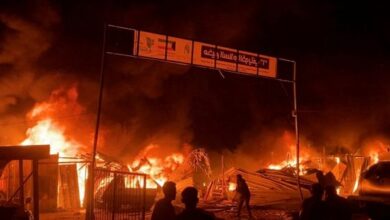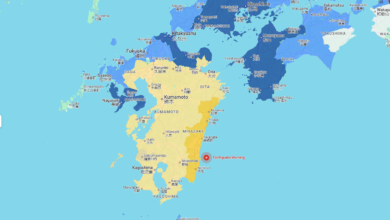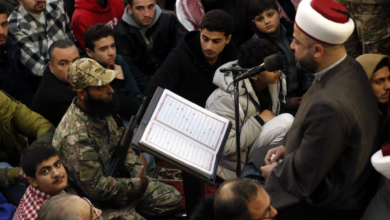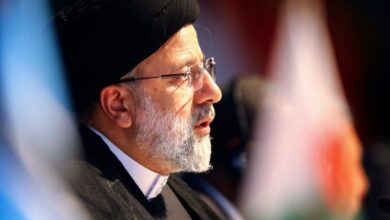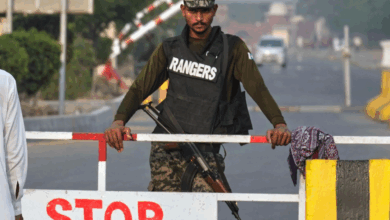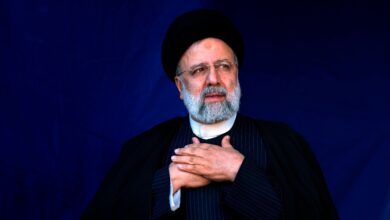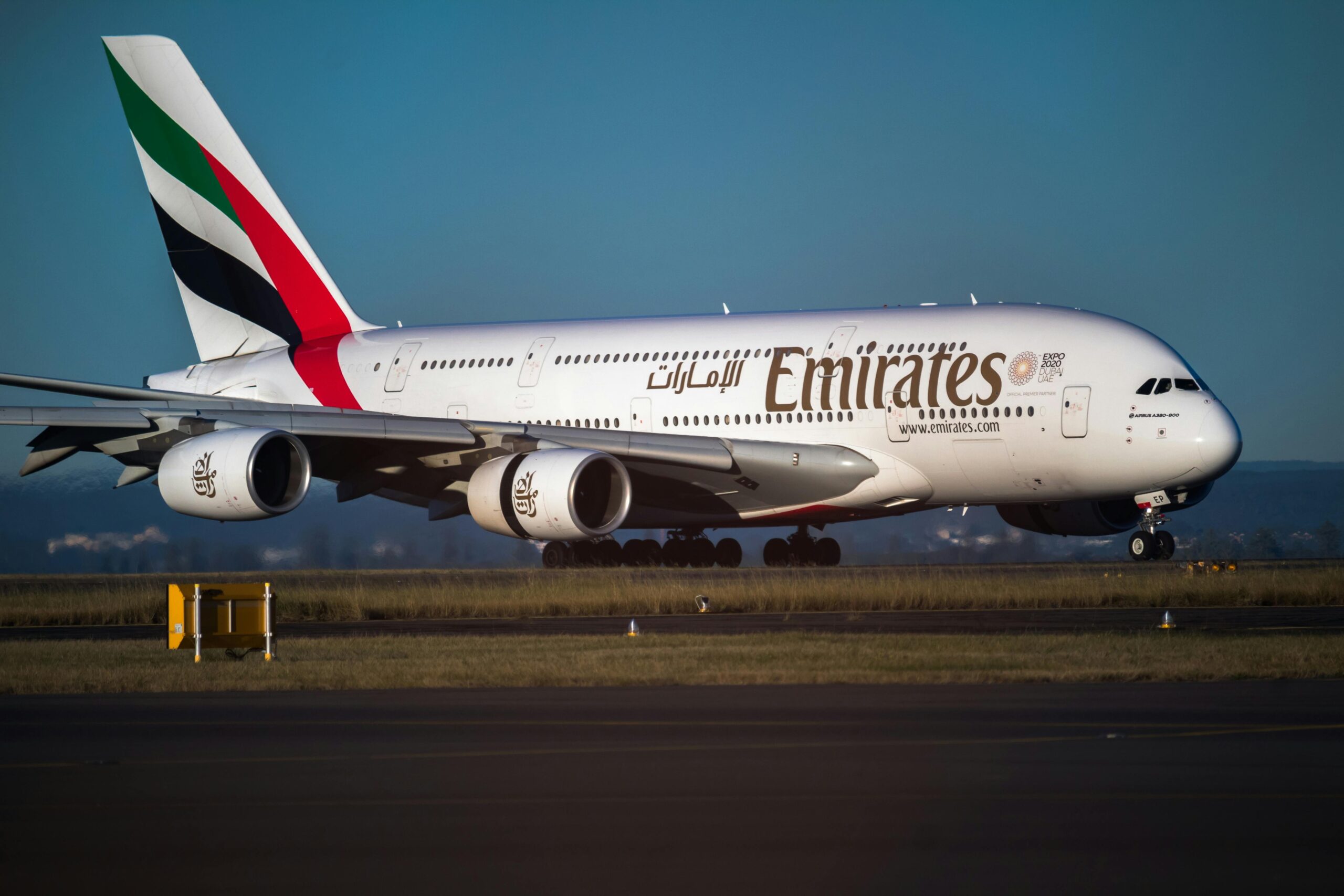Israel Bombs Beirut’s Southern Suburbs in Escalation Ahead of Eid al-Adha
Israel bombed Beirut’s southern suburbs and parts of south Lebanon Thursday night, just before Eid al-Adha, marking its fourth strike since the November ceasefire with Hezbollah.
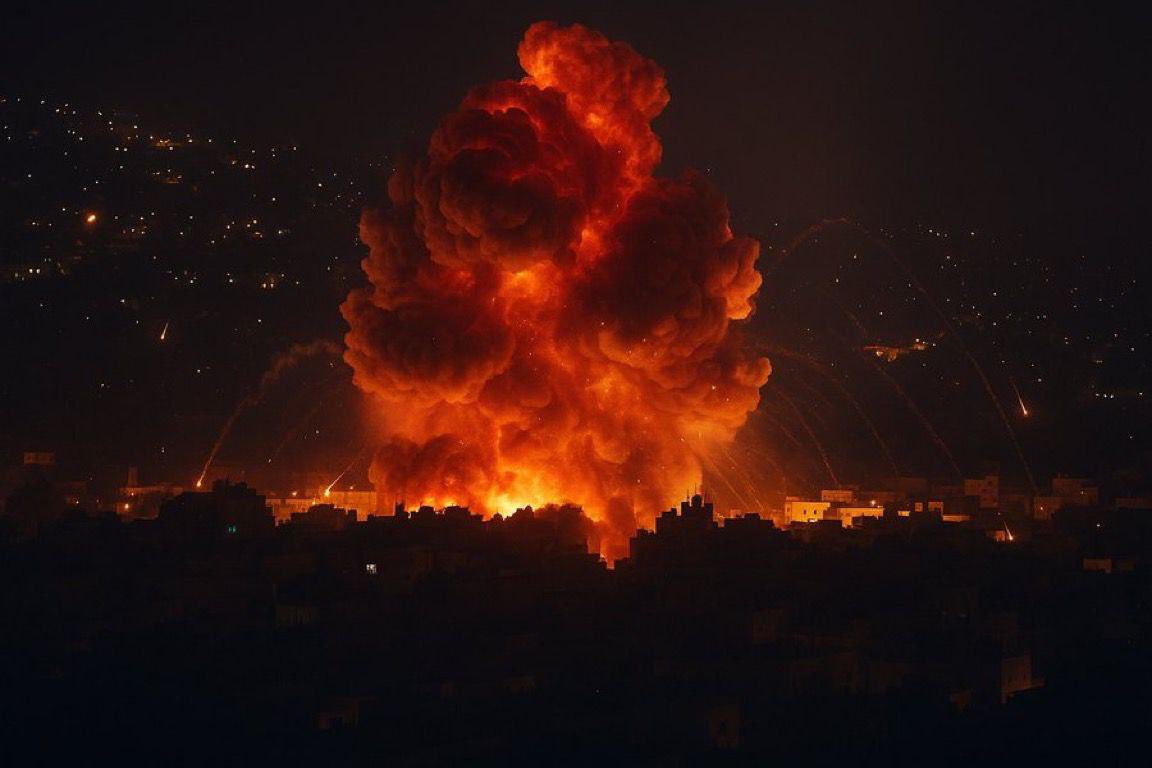
Beirut, Lebanon (WE) — Israeli fighter jets struck Beirut’s southern suburbs late Thursday, launching multiple precision airstrikes just ahead of the Muslim holiday Eid al-Adha. This marked the fourth time Israel has bombed Lebanon’s capital since the November 2024 ceasefire with Hezbollah. The strikes, which hit densely populated areas in Hadath, Haret Hreik, and Burj al-Barajneh, forced thousands of civilians to evacuate.
Shortly before the attack, Israeli military spokesman Avichay Adraee posted a warning on social media. He urged residents living near eight buildings in Beirut’s southern suburbs to leave. The post included maps that showed targeted structures and described them as Hezbollah-linked facilities for drone manufacturing. Residents quickly packed and fled, leaving behind homes and Eid preparations.
Israeli warplanes struck within the hour. Local Lebanese media said dozens of apartments collapsed. Wafa News Agency reported that around 100 housing units were destroyed in the strikes. Sirens echoed through the city as people rushed to safety.
Later that night, Israeli jets attacked the village of Ain Qana, located east of Sidon, after issuing more warnings. The strikes damaged homes and displaced more families just before the religious holiday.
President Joseph Aoun condemned the attacks. He described them as a “flagrant violation of an international accord.” His statement emphasized that Israel launched the strikes “on the eve of a sacred religious festival,” adding insult to injury. Aoun also called on the United States and France to pressure Israel to stop its military actions.
Prime Minister Nawaf Salam also denounced the strikes. He urged the international community to intervene and prevent Israel from escalating the situation further. Salam said, “We call on world leaders to compel Israel to fully withdraw from Lebanese territory and cease its aggressions.”
Lebanese state media showed images of collapsed buildings, burnt-out cars, and residents carrying children through rubble. The country’s Civil Defense teams worked overnight to rescue people and assess damage.

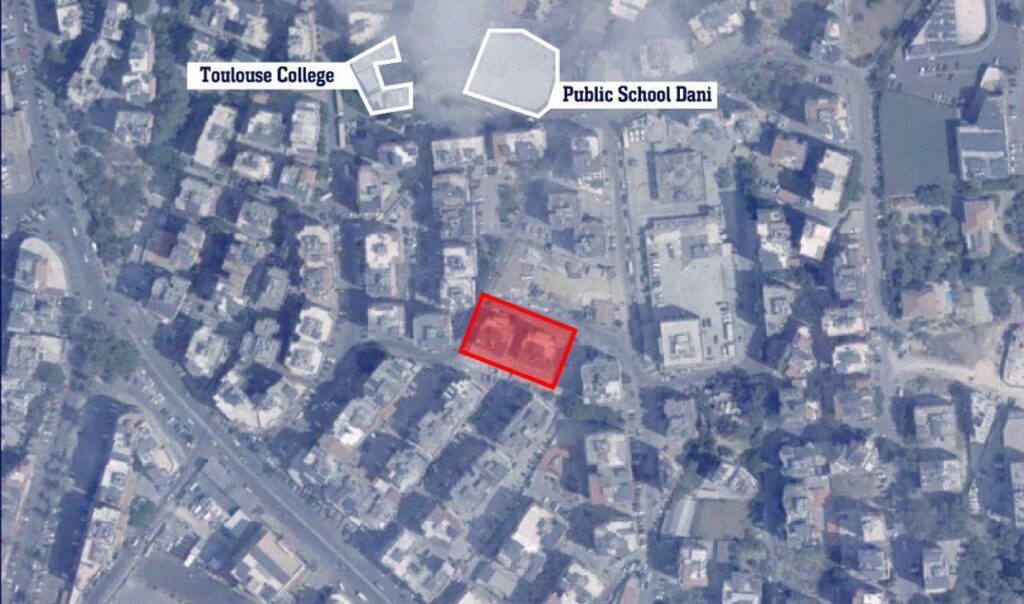
Zeina Khodr, a reporter for Al Jazeera, described the aftermath as “chaotic.” She said traffic clogged the streets as people scrambled to flee. “There was a lot of panic. People were trying to get out quickly. This isn’t the first time since November’s ceasefire that Israel has hit these suburbs, but this was the largest strike so far,” Khodr said.
According to Khodr, the attack targeted eight buildings across four neighborhoods. “The scale was much bigger than previous strikes,” she said. “People had no time to gather their belongings. They left everything behind.”
Middle East analyst Rami Khouri told Al Jazeera that Israel’s attack didn’t surprise him. “For months, Israel has used assassinations and small-scale airstrikes to pressure Hezbollah. It’s part of a broader strategy,” he said.
Khouri argued that Israel continues to use military force as its main tool of diplomacy. “They want to force their enemies to submit,” he explained. “But that approach has backfired. Resistance and dissent have only grown.”
He added that Hezbollah appears to be regrouping. “We don’t know their exact plans, but they’re reorganizing. That’s clear.”
The Israeli army claimed the strikes targeted Hezbollah sites used for manufacturing drones. In a public statement, it accused Hezbollah of operating facilities beneath residential buildings. “This is a blatant violation of the understandings between Israel and Lebanon,” the army stated.
Israel Katz, Israel’s Minister of Defense, said the military would continue striking threats near the northern border. “We will not compromise. Any entity that poses a danger to our citizens will be removed,” he declared.
Hezbollah denied the Israeli claims. An unnamed official told Reuters that no drone production facilities existed at the bombed locations. “This is just another excuse for aggression,” the official said. “Israel wants to weaken us, but it won’t work.”
Footage verified by Sanad, Al Jazeera’s fact-checking agency, showed residents evacuating their homes as sirens wailed. Some carried small children, while others held bags of essentials. “What people here will tell you is that this is terrorism,” Khodr reported. “Israel told families to flee in the middle of the night, hours before Eid.”
The attacks also raised alarm among international humanitarian organizations. Human Rights Watch said the Israeli strikes endangered civilians. “Even if Hezbollah operates in these areas, international law requires precautions to protect non-combatants,” said Lama Fakih, HRW’s Middle East director.
Read More:
- Why Are the US and EU Struggling to Reach a Trade Deal?
- Chaos at Liverpool FC Victory Parade as Car Plows Into Crowd, Injuring Over 45
- Russia and Ukraine Exchange Hundreds of Prisoners Following Major Attack on Kyiv
According to the Lebanese Ministry of Health, dozens of people received treatment for injuries caused by debris, smoke inhalation, and shock. Several hospitals in Beirut extended emergency hours to manage the sudden influx of patients.
The UN Interim Force in Lebanon (UNIFIL) released a statement expressing concern and urging restraint. “We are actively engaging both parties to de-escalate the situation,” the mission said. UN Secretary-General António Guterres reportedly requested an emergency briefing on the situation.
This marks the fourth time Israel has attacked Beirut since the ceasefire began in November 2024. Despite the truce, the Lebanese government reports that Israel continues to violate the agreement nearly every day. These violations include drone flyovers, border incursions, and precision strikes.
In April, the government in Beirut said Israeli attacks had killed 190 people and injured nearly 500 since the ceasefire. Most casualties occurred in Lebanon’s south, but Thursday’s bombing pushed the violence back into the capital.
The November truce followed months of fighting between Israel and Hezbollah in 2023 and 2024. That conflict killed more than 4,000 people in Lebanon, including hundreds of civilians. Both sides agreed to halt operations, though no formal peace deal was signed. Since then, tension has simmered beneath the surface.
Hezbollah, backed by Iran, remains a dominant political and military force in Lebanon. It maintains strongholds in the southern suburbs of Beirut and in towns near the Israeli border. Israeli officials have accused Hezbollah of rearming and preparing for renewed conflict.
For ordinary Lebanese, the latest airstrikes reignite fears of another war. Many still remember the 2006 conflict, which killed more than 1,200 Lebanese, displaced 1 million, and left vast parts of Beirut in ruins.
“I can’t believe we’re reliving this,” said Khaled, a father of three who fled Burj al-Barajneh with his family. “We just wanted to celebrate Eid. Now we’re in a shelter, and my kids are crying.”
Civil society organizations, including the Lebanese Red Cross, mobilized immediately to assist families. Volunteers distributed food, blankets, and first aid kits. Local mosques opened their doors to provide shelter.
But humanitarian groups fear that more airstrikes may follow. “We’re on the brink,” said Nadine Labaki, director of the Beirut-based relief group Citizens in Solidarity. “If this continues, we’ll have a crisis on top of our existing crises — political, economic, and humanitarian.”
The economic collapse in Lebanon has already pushed millions into poverty. Inflation remains rampant, and the country’s currency continues to lose value. International Monetary Fund (IMF) talks have stalled, and public institutions are barely functioning.
Beirut’s infrastructure can’t withstand sustained attacks. The city still bears scars from the 2020 port explosion, which killed over 200 and caused widespread damage. Rebuilding efforts remain incomplete due to funding shortages and political deadlock.
As Friday dawned, smoke still lingered over southern Beirut. Residents sifted through rubble, searching for documents, clothes, and family photos. Some returned to shattered homes. Others stayed away, afraid of more strikes.
Despite repeated calls for de-escalation, Israel has not signaled a pause. Its officials say the army will continue operations “as long as Hezbollah poses a threat.”
Lebanese leaders warn that Israel’s strategy may push the region toward another full-scale war. “This cannot go on,” President Aoun said. “We will not allow the sovereignty of our nation to be undermined.”
So far, major world powers have responded with statements of concern but little action. Analysts say the lack of international pressure emboldens both sides to continue tit-for-tat strikes.
As Eid al-Adha begins, families across Lebanon grieve lost homes, canceled celebrations, and the ever-present fear of war. The hope for lasting peace remains distant. And for now, the skies over Beirut remain anything but calm.
